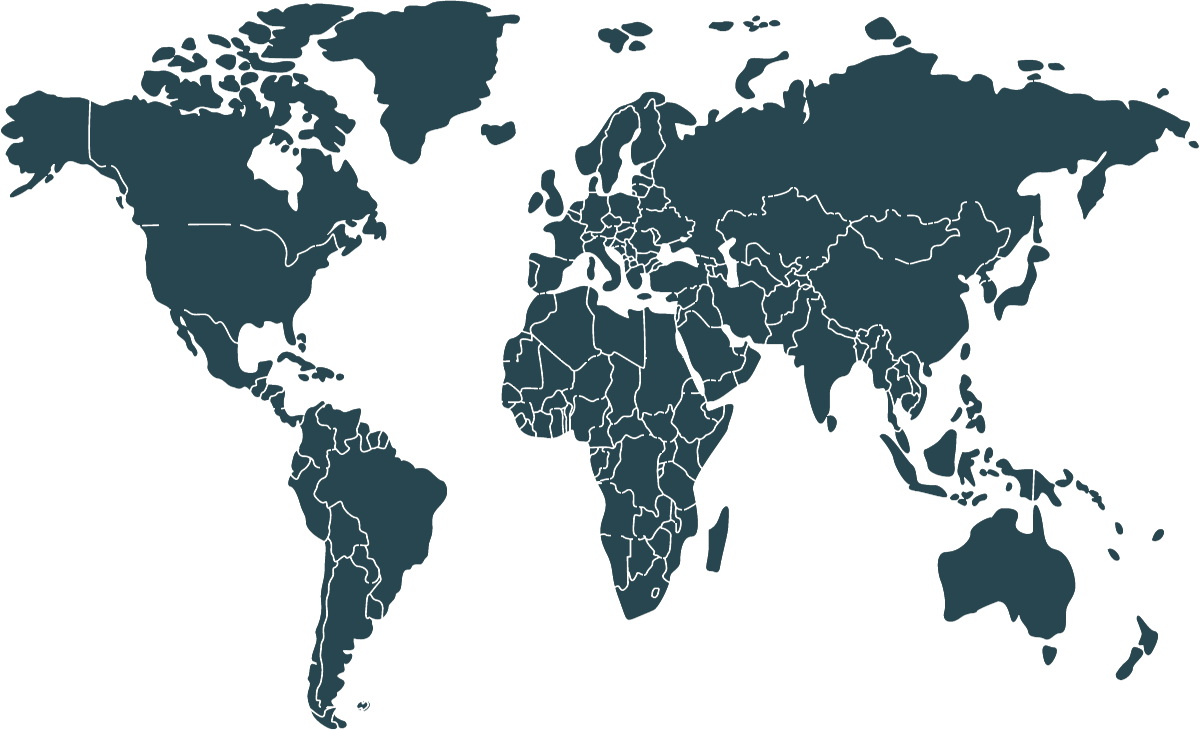*Since the date of this news item’s publication, the organization ‘The International REC Standard Foundation’ has changed to ‘The International Tracking Standard Foundation: Founder of I-REC (I-TRACK Foundation).’
I-RECs have been bundled with the first power purchase agreement (PPA) between two public solar developers: Doral Electricity and Shikun Binuy, the end-consumer is one of Israel’s largest real estate groups, Melisron Ltd. (“Melisron”). The solar production sites include four hours of storage capacity.
On 24 February 2023, Melisron announced the completion of the PPA with Doral and Shikun Binuy, both of which are experienced public solar developers headquartered in Israel and are internationally active. Melisron owns and operates many commercial spaces, offices, and malls throughout the country with significant electricity consumption. The PPA is for the sale of electricity for the period of ten years with a value of 1 billion shekels (260M EUR) and is associated with I-RECs. I-RECs for electricity have been available in Israel since 2018 through the I-REC Standard Accredited Issuer, Green Energy Services (GES).
The Israel electricity market has been undergoing a liberalization process since legislation was approved in 2018. I-REC issuance in Israel has reached 3.2% of total electricity national production in 2022 with some 80 RES (solar and wind) devices registered. More than 30% of RES production was associated with I-RECs. In 2022, Israel reached its 10% RES generation goal and is striving to achieve the 2030 30% RES goal.
The liberalized market includes electricity distributors who buy RES electricity from developers and resell it to their allocated consumers. Because of the electricity tariff structure in Israel, the solar projects participating in the new scheme include storage for times when there is no sun. Being a small country with good solar irradiance and low wind energy or hydro potential, Israel will have to rely on energy storage. The government is embarking on an impressive 10GWh storage scheme, next to the Agro-Voltaic policy. The scheme, which is already operative for fossil generation (from 2023), will be opened to RES electricity in 2024, and the Melisron PPA is the first one to be announced under the scheme.
Israel is home to many multinational companies’ innovation hubs and many of the RE100 members are active in the country. There is growing awareness amongst local energy consumers who are exploring shifting to RES. The local, tailor-made initiative “Hashmel100” was launched in March 2023 with the aim of encouraging local branches of multinationals, besides local consumers, to set a goal of 100% renewable energy. The initiative was the first developed in academia but in a very short time gained support from Israel’s most notable industry and business associations. Galit Kenigsberg, a climate economist and one of the entrepreneurs behind Hashmal100 believes that the time has come for the business sector in Israel to lead the transition to renewable energy, “Israeli companies have the tools and resources to lead the RE revolution, and Hashmal100 provides incentives, framework, and validation for this transition.”
The I-REC Standard is pleased to see the growth and development of the I-REC market in Israel and is ready to support the new renewable 100 initiative in Israel.
